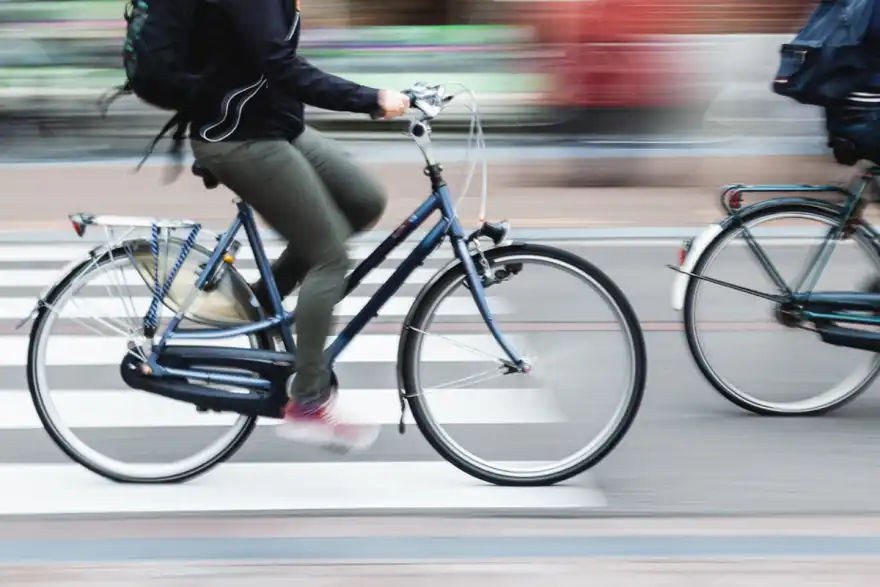
New UK cycling laws aim to tackle antisocial behavior by introducing penalties for 10 new offences, such as cycling without due care or not using lights at night. Cyclists who break these laws may face educational courses or fixed penalty notices, but dangerous cycling penalties, including ignoring school crossings, are being downgraded.
Here are the 10 new offences:
Under the Road Traffic Offenders Act 1988:
- Failure to stop at a school crossing patrol*
- Hitching a ride by holding onto a moving vehicle*
- Cycling dangerously*
- Cycling without due care and attention
Under the Road Vehicles Lighting Regulations 1989:
- Riding without lights between sunset and sunrise
- Using lights that cause discomfort or dazzle others
Under the Royal Parks and Other Open Spaces Regulations 1997:
- Not following directions regarding cycling in Royal Parks
- Endangering others while cycling in Royal Parks
- Cycling without lights in Royal Parks after dark
For offences marked with an asterisk, the Home Office proposes that offenders could take a 30-minute online course for a £100 fee instead of paying fines or getting points. Cyclists are exempt from speed limits but can still face prosecution for dangerous cycling.
Cycling laws in London's Royal Parks, like Bushy, Hyde, and Regent’s Park, are also included. The new rules are part of a push to make roads and parks safer by educating cyclists and deterring risky behaviour. The Home Office suggests offering education courses as an alternative to fines, letting officers decide on penalties based on each case.
However, the proposal has received mixed feedback. Some groups, including the Metropolitan Police and Transport for London, worry that the overlap between dangerous and careless cycling could create confusion. The government has addressed these concerns, agreeing that the police should have discretion in deciding penalties based on circumstances.
The consultation period has concluded, with some debate still surrounding the inclusion of dangerous cycling offences.




